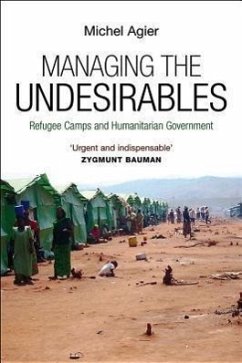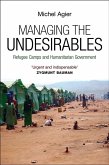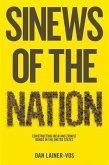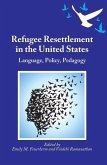Official figures classify some fifty million of the world's people as 'victims of forced displacement'. Refugees, asylum seekers, disaster victims, the internally displaced and the temporarily tolerated - categories of the excluded proliferate, but many more are left out of count. In the face of this tragedy, humanitarian action increasingly seems the only possible response. On the ground, however, the 'facilities' put in place are more reminiscent of the logic of totalitarianism. In a situation of permanent catastrophe and endless emergency, 'undesirables' are kept apart and out of sight, while the care dispensed is designed to control, filter and confine. How should we interpret the disturbing symbiosis between the hand that cares and the hand that strikes? After seven years of study in the refugee camps, Michel Agier reveals their 'disquieting ambiguity' and stresses the imperative need to take into account forms of improvisation and challenge that are currently transforming the camps, sometimes making them into towns and heralding the emergence of political subjects. A radical critique of the foundations, contexts, and political effects of humanitarian action.
Hinweis: Dieser Artikel kann nur an eine deutsche Lieferadresse ausgeliefert werden.
Hinweis: Dieser Artikel kann nur an eine deutsche Lieferadresse ausgeliefert werden.
"An impassioned and tireless explorer of 'useless' and hence 'undesirable' populations, Michel Agier asks here about their future: how can they be returned to the human family, brought back from non-existence into the social world, from the camp to the town, from a life without time into history? How can they rediscover a place on the map of the world, and pass from the status of reject to that of subject? Urgent and indispensable reading for all who reflect on action to be taken, or are called on to take such action." -- Zygmunt Bauman








